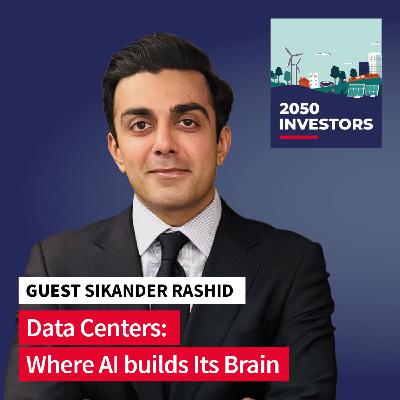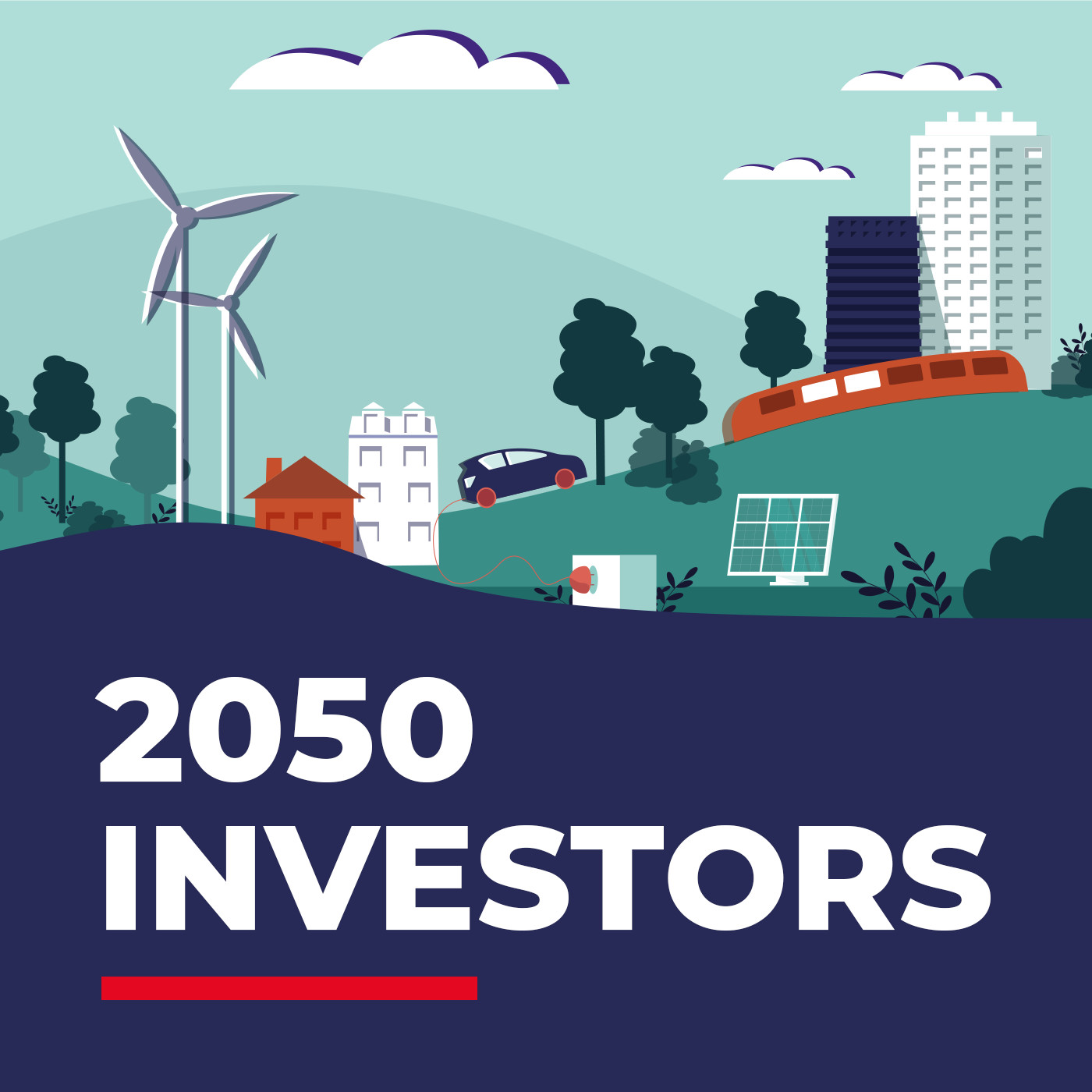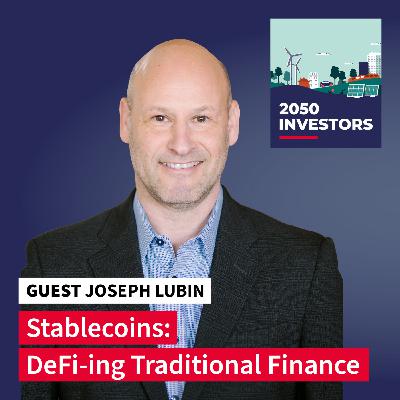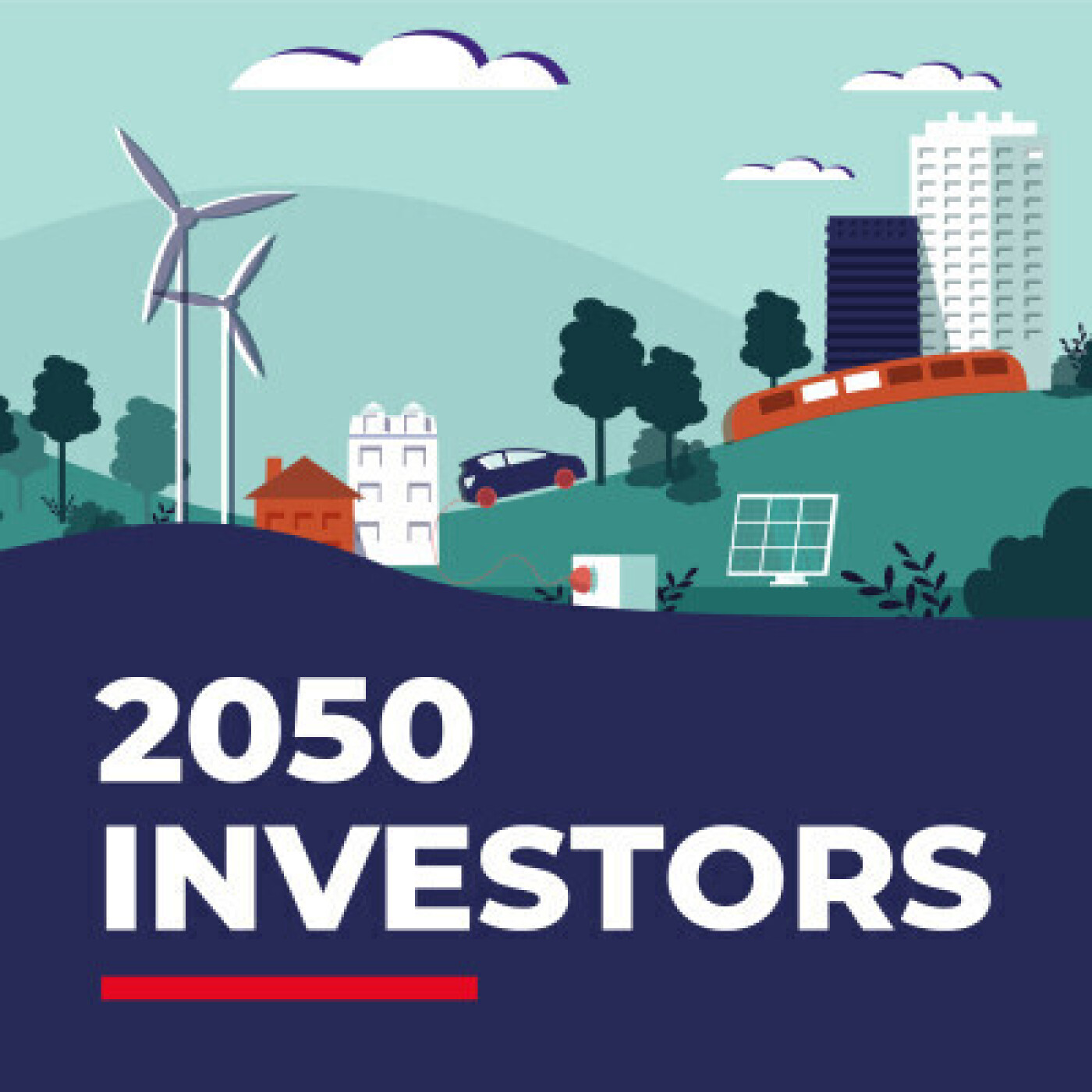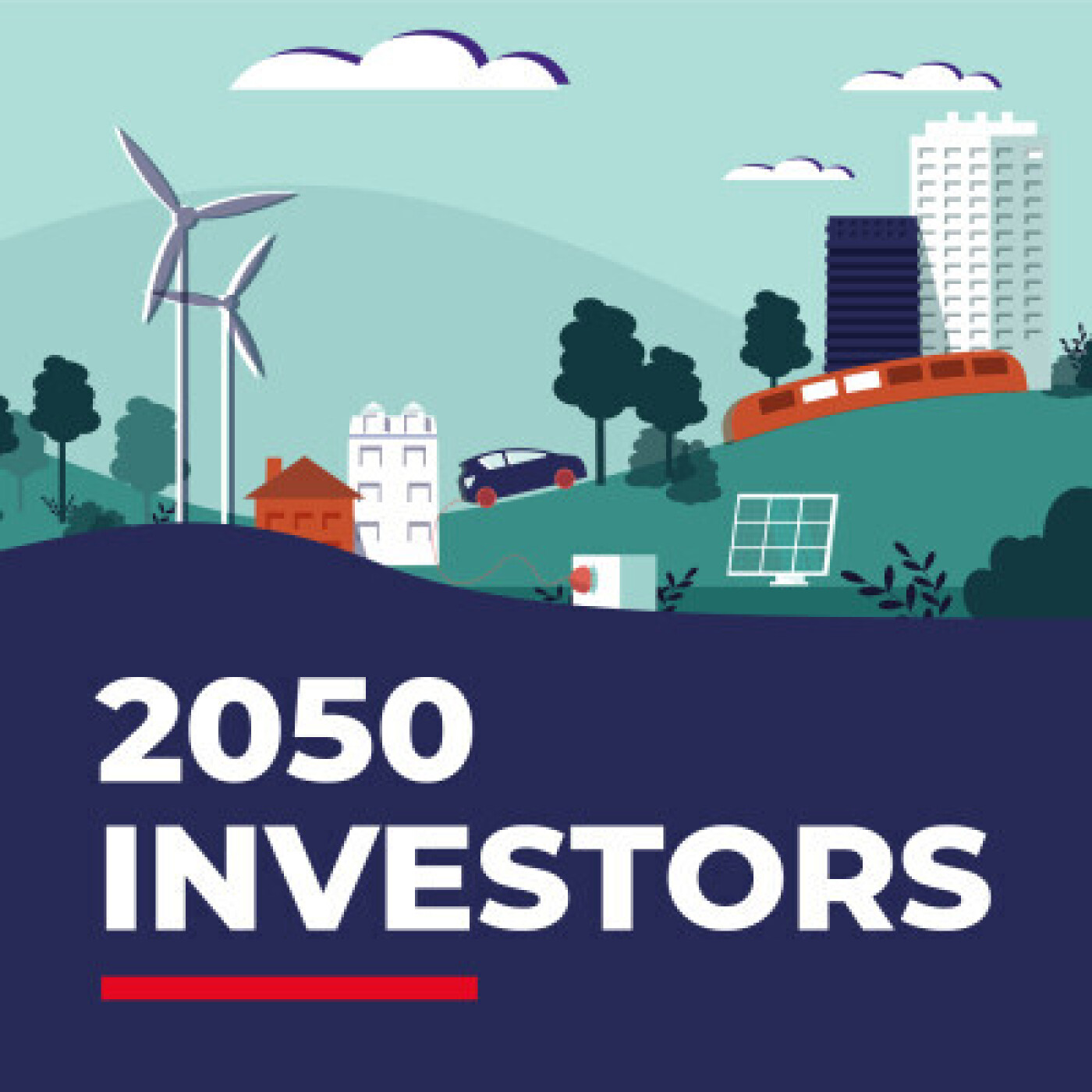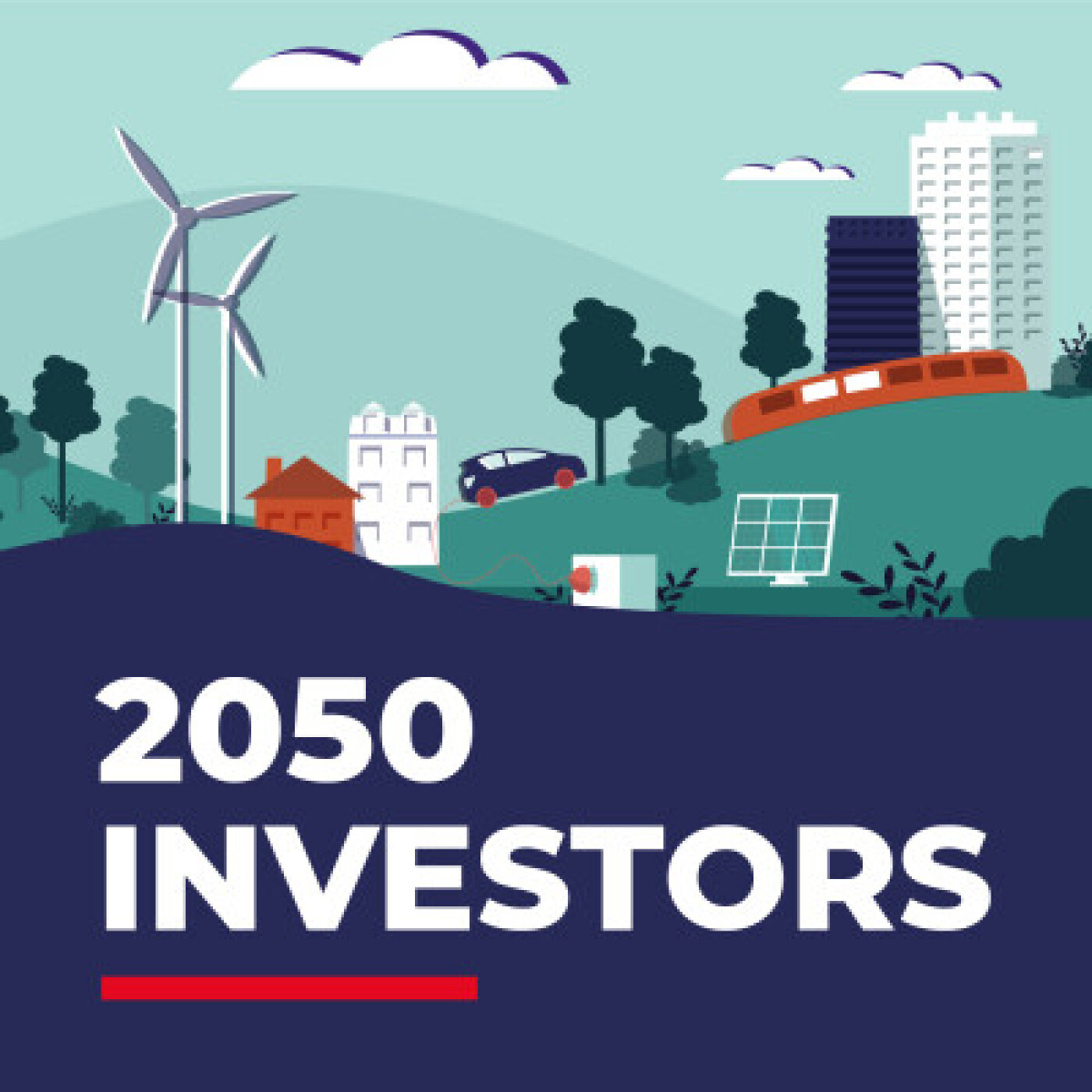Grey Matters and the Economics of Ageing (ft. Wei Yao, Head of Research & Chief Economist for APAC at Societe Generale) | Silver Economy
Description
The Chinese have a saying, 'A peaceful life has nothing to do with the passage of time'. This sound reminder points to the importance of enjoying life regardless of age. After all, age is just a number, right? Ageing has become a topical issue in the mainstream recently as experts warn of the incoming 'Silver Avalanche', which has already swept Europe and is making its way to Asia.
Global life expectancy has risen from 51 to 72 since 1960 and is expected to reach 77 by 2050. It is projected that there will be around 2.4 billion elderly (aged 65 or over) or 24% of the world's population by the end of the century.
Now, it is more important than ever to prepare for this demographic shift and ensure that older adults have access to the resources they need to live fulfilling lives. This, however, presents a dilemma, as while life expectancy is rising, families are shrinking as people have fewer children. The far-reaching effects are already being felt in many countries, including China.
In this episode of 2050 Investors, Kokou reflects on the ageing crisis and its impact on the world's population, its economy, and the planet. The conversation then shifts to an analysis of the silver economy: With the assistance of Yoda from Star Wars, who was once Siri but aged due to planned obsolescence, Kokou explores the impact of a shrinking workforce, pension fund deficits, and escalating healthcare costs on fiscal and monetary policy.
Later in the episode, Kokou talks with Wei Yao, Chief Economist for APAC at Societe Generale. With China's robust economic growth lifting millions out of poverty over the past decades, how does the country now address the imminent reality of an ageing population? There are solutions on the horizon, such as learning from countries like Japan and focusing on healthy ageing. However, striking a balance between economic growth and social welfare whilst creating a sustainable future is a complex challenge.
About this show
Welcome to 2050 Investors, your monthly guide to understanding the intricate connections between finance, globalisation, and ESG.
Join host Kokou Agbo-Bloua, Head of Economics, Cross-Asset & Quant Research at Societe Generale, for an exploration of the economic and market megatrends shaping the present and future, and how these trends might influence our progress to meeting 2050’s challenging global sustainability targets.
In each episode, Kokou deep-dives into the events impacting the economy, financial markets, the planet, and society. Through a magical blend of personal anecdotes, in-depth research and narratives overlaid with music, sound effects, and pop culture references, there’s certainly something for everyone.
Kokou also interviews industry-leading experts, personalities, entrepreneurs and even Nobel prize winners! You will learn from the best on a wide range of subjects on current affairs, market shifts, and economic developments.
If you like 2050 Investors, please leave a five-star review on Apple Podcasts or Spotify. Your support will help us spread the word and reach new audiences. If you’re seeking a brief and entertaining overview of market-related topics and their business and societal implications, subscribe now to stay informed!
Previous episodes of 2050 Investors have explored ESG, climate change, AI, greenflation, globalization, plastic pollution, food, healthcare, biodiversity and more.
Credits
Presenter & Writer: Kokou Agbo-Bloua. Editors: Vincent Nickelsen, Jovaney Ashman, Linda Isker. Production Designer: Emmanuel Minelle, Radio K7 Creative. Executive Producer : Fanny Giniès. Sound Director: Marc Valenduc. Music: Rone. Graphic Design: Cédric Cazaly.
Whilst the following podcast discusses the financial markets, it does not recommend any particular investment decision. If you are unsure of the merits of any investment decision, please seek professional advice.
Hosted by Ausha. See ausha.co/privacy-policy for more information.


